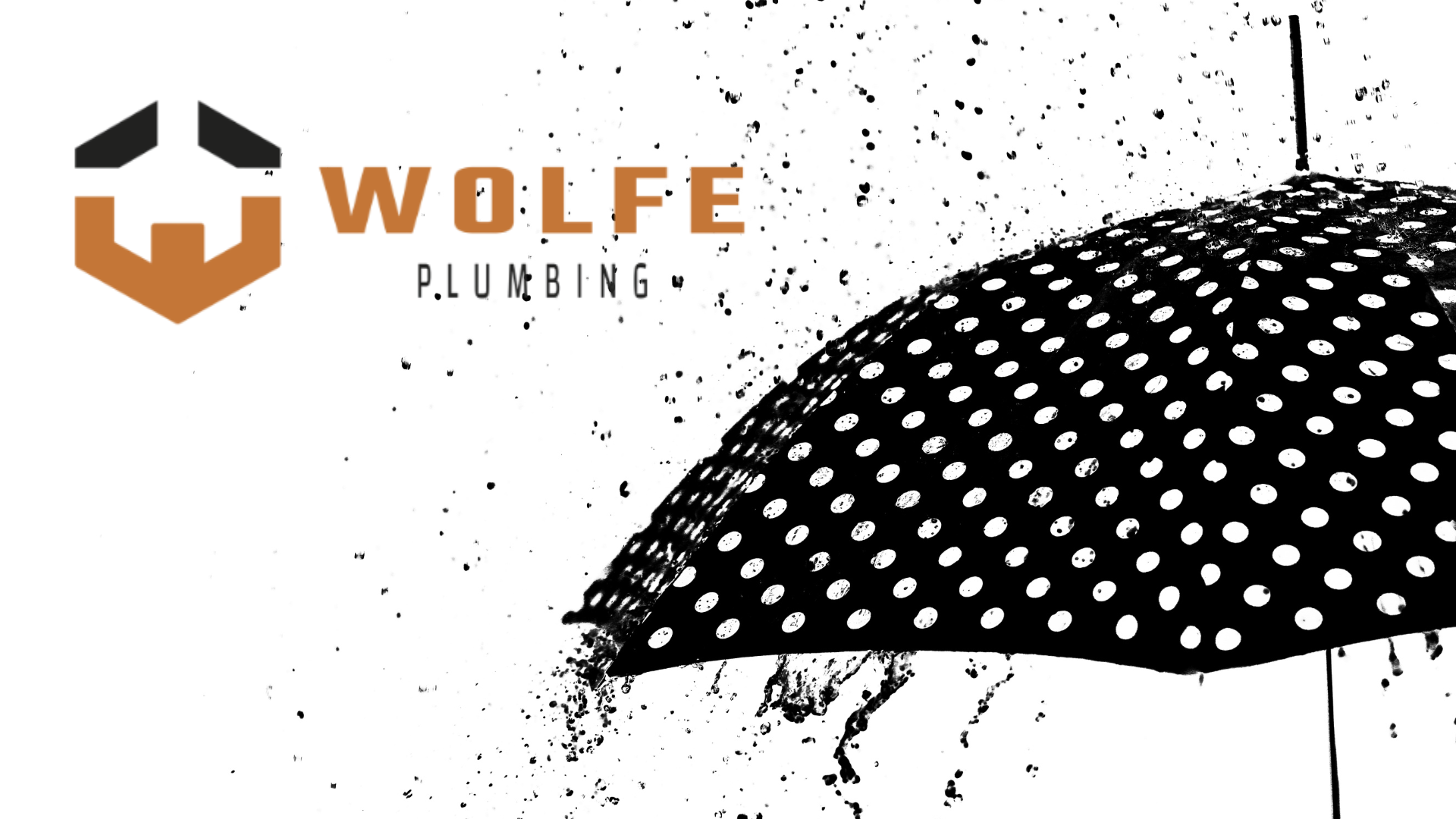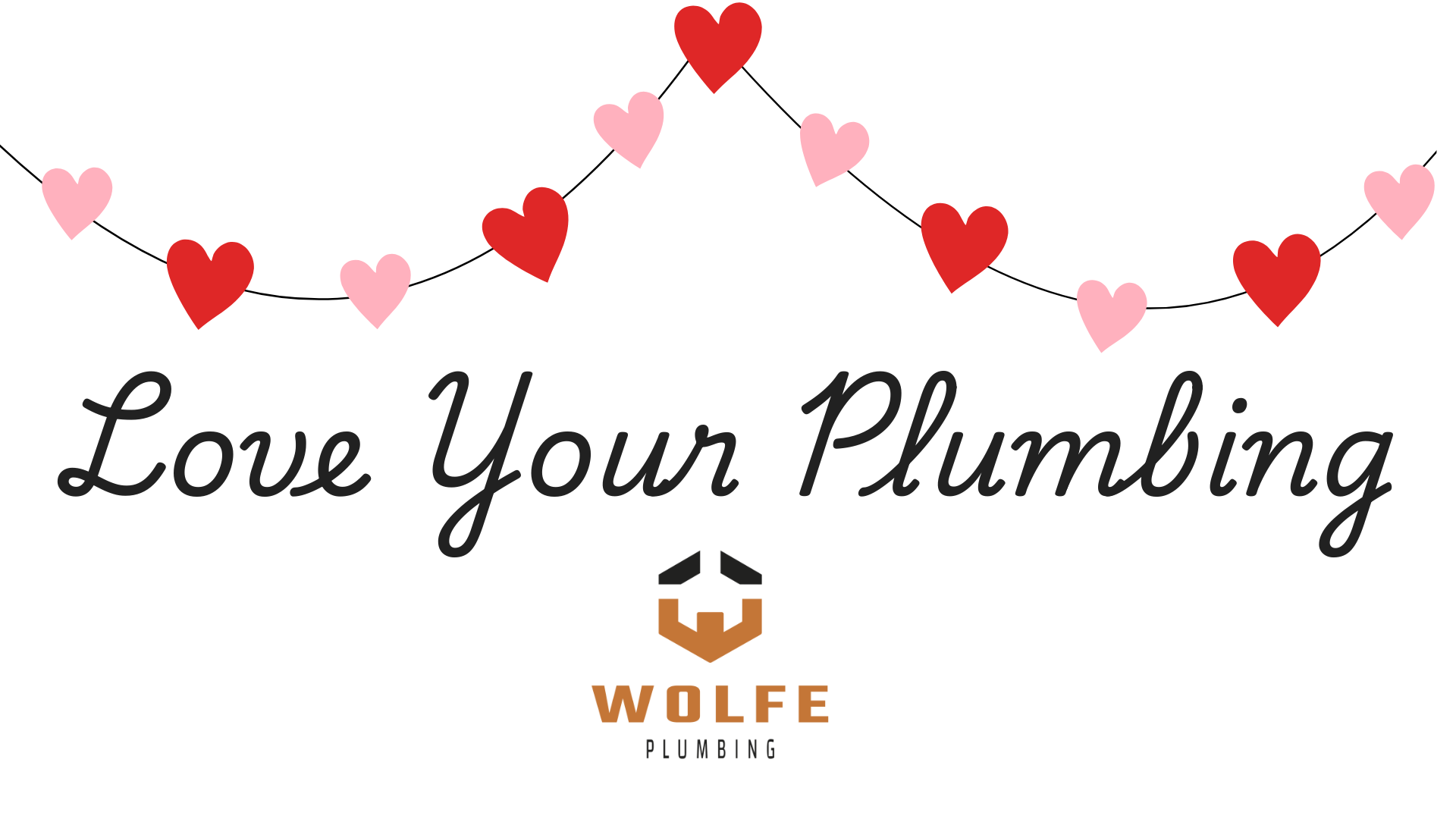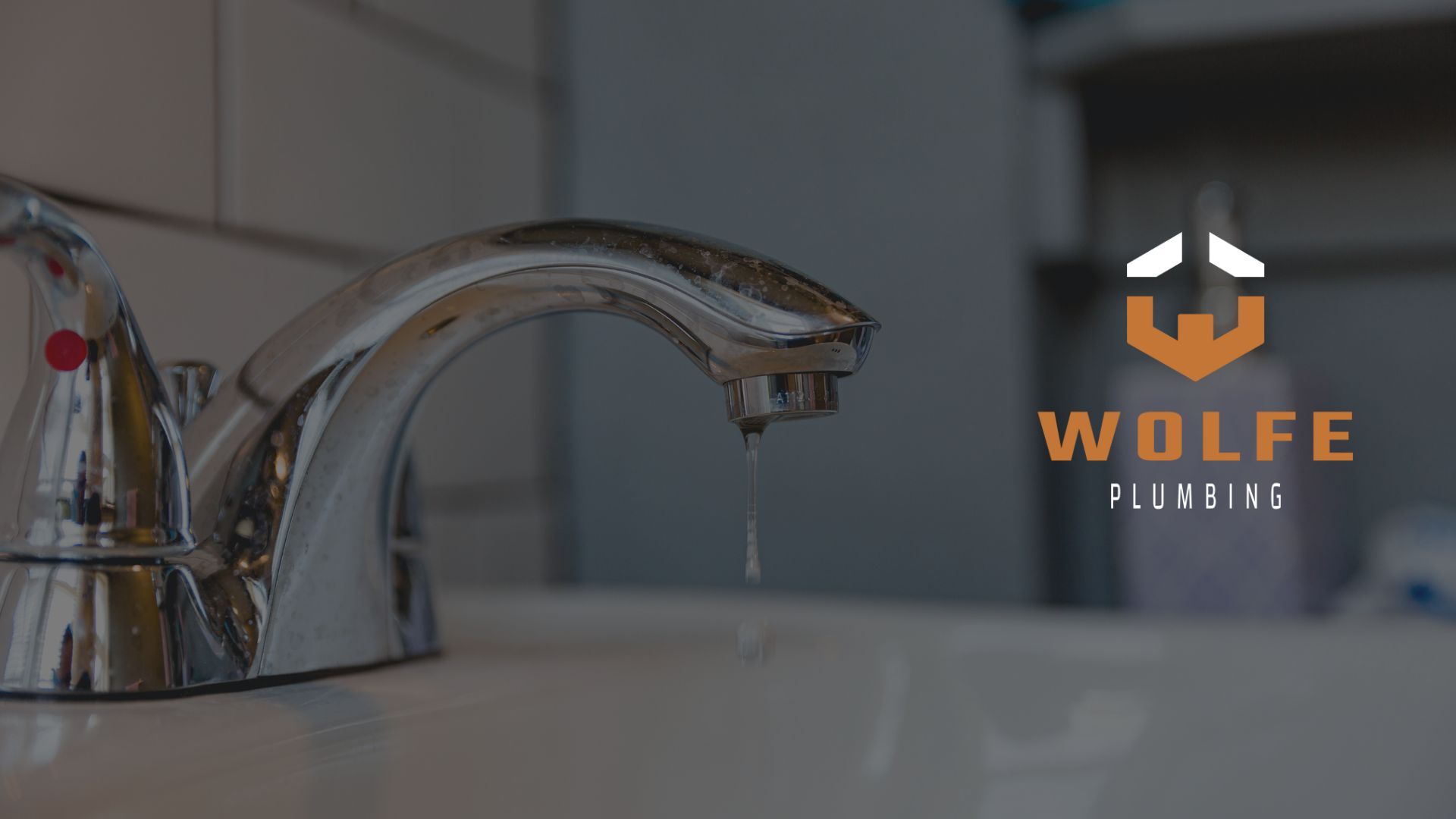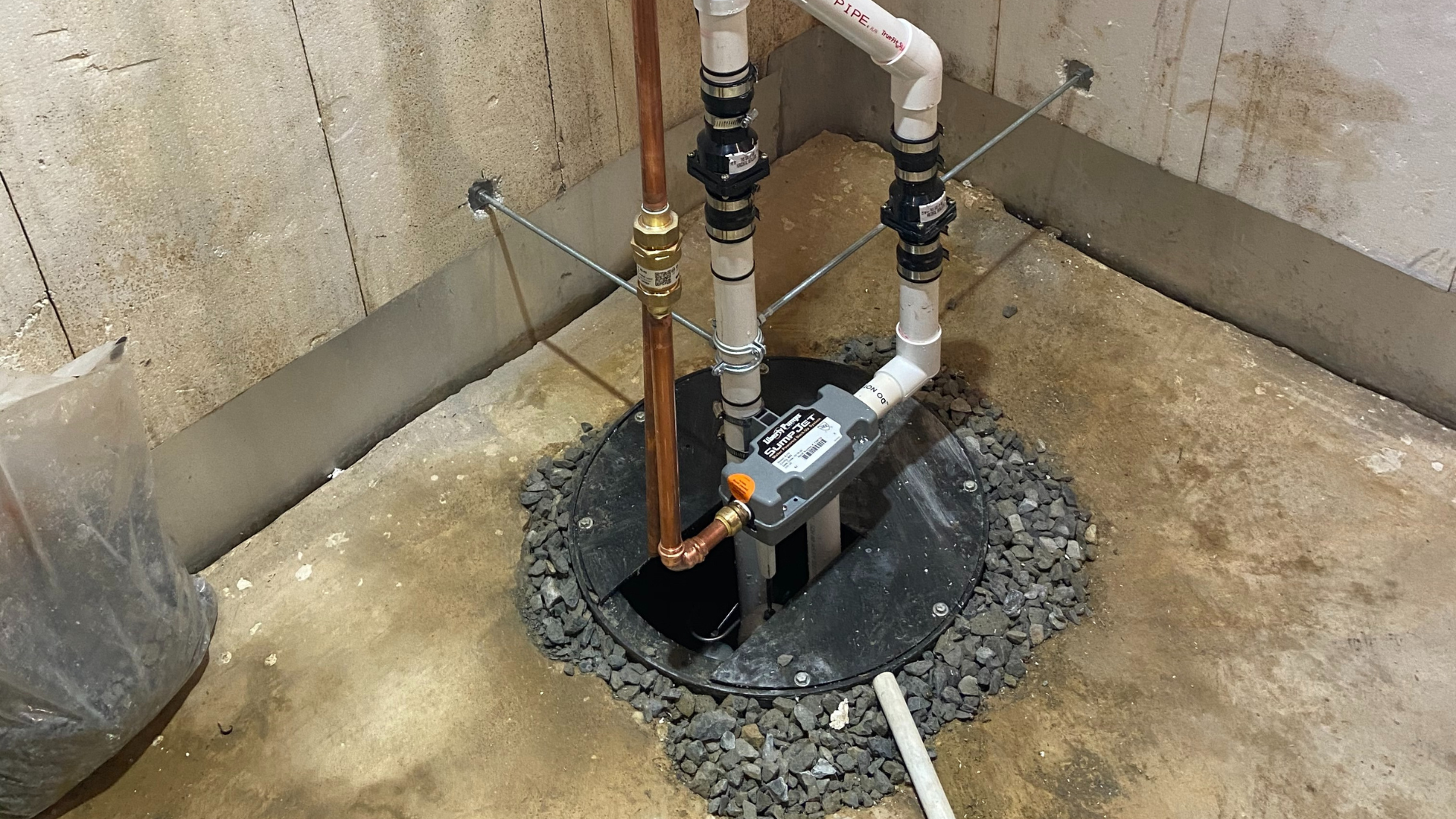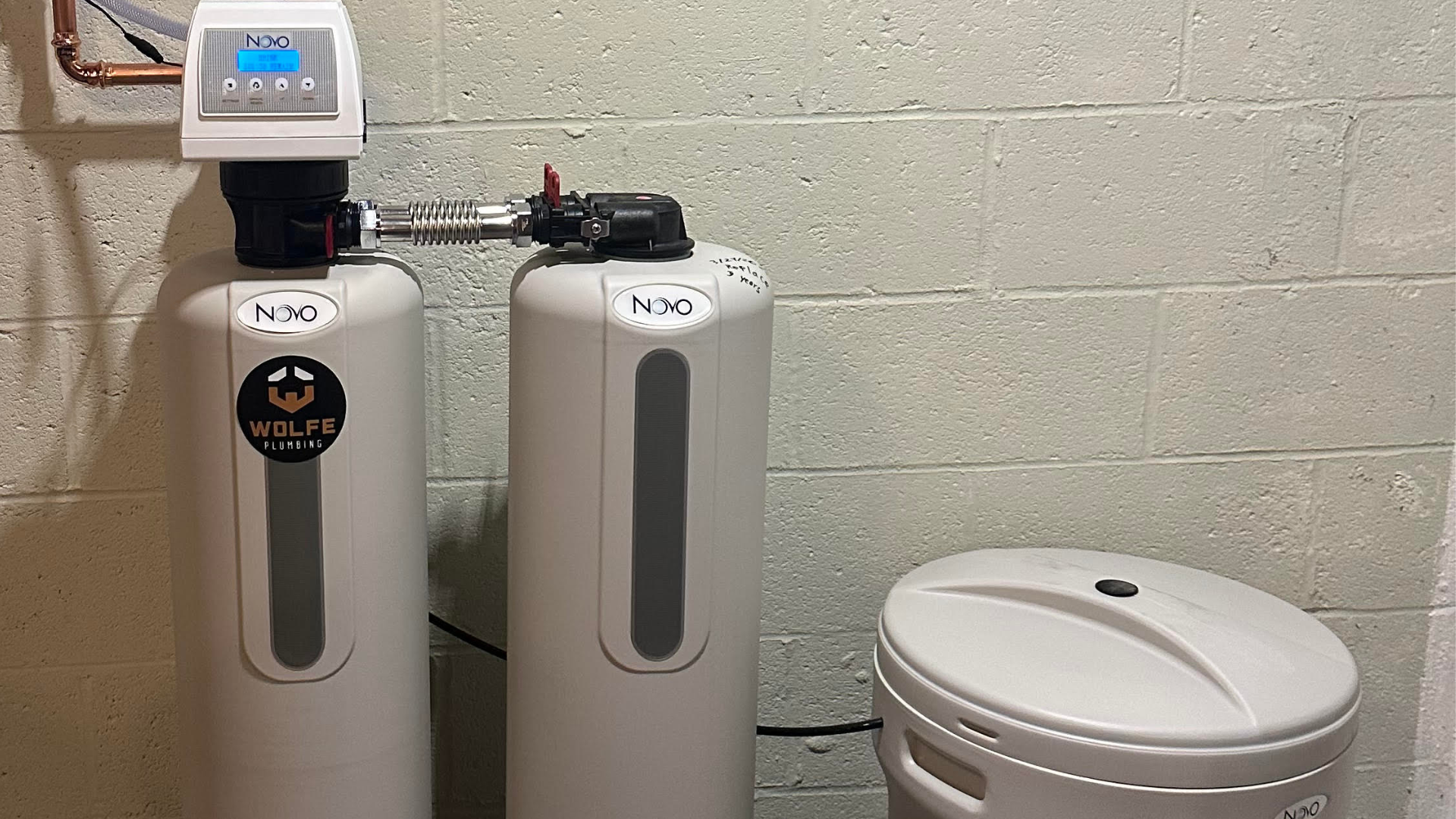Harnessing Convenience and Efficiency: The Practicality of Outdoor Gas Lines
In the realm of modern living, convenience is king. And when it comes to maximizing comfort and efficiency in outdoor spaces, the incorporation of gas lines emerges as a game-changer. From backyard barbecues to cozy outdoor fireplaces, the utilization of outdoor gas lines presents a myriad of benefits that elevate the outdoor experience.
The Evolution of Outdoor Living
Gone are the days when outdoor spaces were mere extensions of our homes. Today, they're regarded as sanctuaries for relaxation, entertainment, and social gatherings. This evolution has spurred a demand for outdoor amenities that seamlessly blend comfort with functionality.
Efficiency Redefined
One of the standout advantages of outdoor gas lines is their unparalleled efficiency. Traditional methods of powering outdoor appliances, such as charcoal or wood, often come with inherent drawbacks like time-consuming setup, messy cleanup, and inconsistent heat distribution. In contrast, gas lines offer instant and consistent fuel supply, eliminating the need for constant monitoring and refueling.
Versatility in Design
Whether you're envisioning a sleek outdoor kitchen or a rustic fire pit, outdoor gas lines can accommodate a diverse range of design preferences. Their flexibility in placement allows for seamless integration into various outdoor setups without compromising aesthetics. This versatility opens up endless possibilities for creating personalized outdoor spaces tailored to individual tastes and lifestyles.
Environmental Considerations
In an era increasingly focused on sustainability, the environmental benefits of outdoor gas lines cannot be overstated. Compared to traditional fuel sources like wood or charcoal, gas produces fewer emissions and minimizes environmental impact. Additionally, the efficiency of gas appliances translates to reduced energy consumption, making them a greener choice for eco-conscious homeowners.
Safety and Convenience
Safety is paramount when it comes to outdoor living, especially when dealing with combustible fuels. Outdoor gas lines offer peace of mind through their built-in safety features, such as automatic shut-off valves and leak detection systems. These safeguards help mitigate potential risks and ensure a secure outdoor environment for homeowners and their guests. Furthermore, the convenience of gas-powered appliances means more time enjoying outdoor activities and less time spent on maintenance tasks.
Embracing the Future of Outdoor Living
As outdoor living continues to evolve, the integration of gas lines represents a forward-thinking approach to enhancing outdoor spaces. From practicality and efficiency to versatility and environmental responsibility, the benefits are clear. Whether you're hosting a backyard barbecue or cozying up by the fire on a chilly evening, outdoor gas lines provide the foundation for an elevated outdoor experience.
In conclusion, the use of outdoor gas lines transcends mere functionality, embodying a lifestyle centered around comfort, convenience, and sustainability. By harnessing the power of gas, homeowners can transform their outdoor spaces into havens of relaxation and entertainment, seamlessly blending modern convenience with timeless charm.
